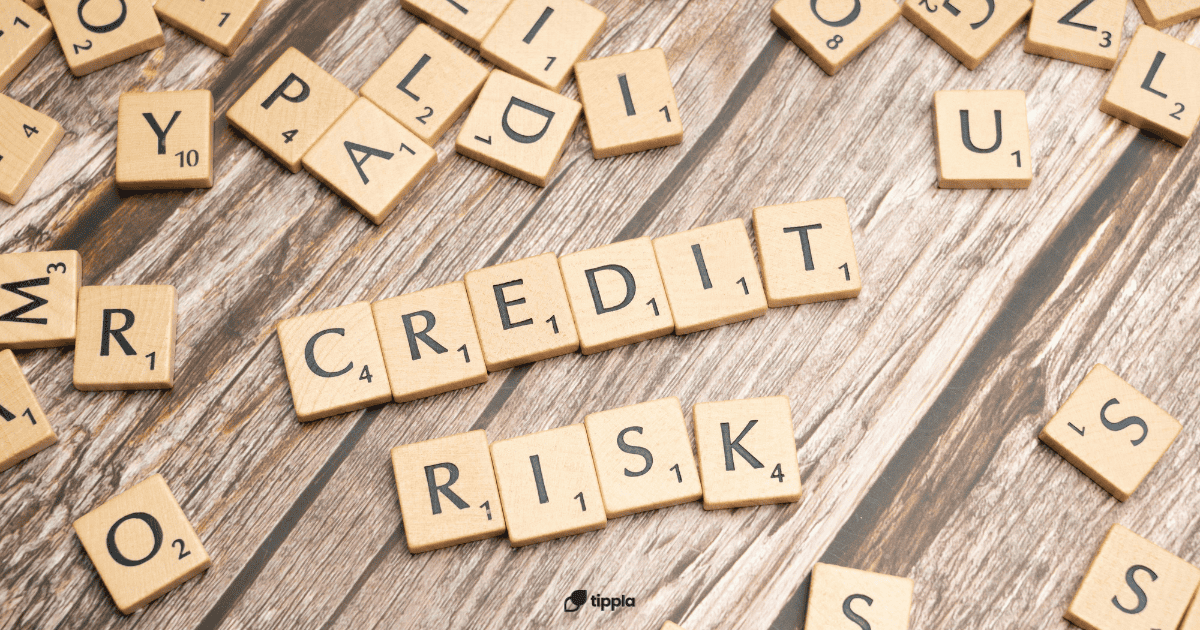Published in July 28, 2021
What is an online bank?

Similar to savings accounts, online banks tend to offer higher interest rates for maintaining your funds there. They’re pretty safe and convenient to use, however, don’t leave your physical bank just yet.
Technically, online banks don’t differ much from traditional ones apart from the fact that they don’t have a physical brick-and-mortar location. They still have all the functions a regular bank would, such as depositing and withdrawing money. However, depending on the account you opened, you may earn a higher interest on your funds.
Although there are digital-only banks, they might still have a small number of brick-and-mortar locations in the real world.
Of course, there are a few advantages that come with opening an online bank account. One of the most common advantages is higher interest rates. Unlike brick-and-mortar locations, online banks offer higher interest rates on savings accounts. Additionally, they also offer interest on checking accounts, which is rarely offered with traditional ones.
Since it’s not sufficient for writing cheques, it’s best to have both an online and traditional account.
Pros and cons of online banking
Although online banks tend to be more convenient for their lower fees and high interest rate, not having physical access may not suit everyone. Let’s list the advantages and disadvantages.
Benefits of online banks
There are several advantages and disadvantages to online banking. Choosing between an online bank and a traditional bank comes down to your preferences and financial goals.
Easy to set up
Signing up to an online bank is a simple process that would require a few documents. You will most likely have to submit identification documents such as a driver’s license as well as proof of residency. You may then choose what type of account to open and proceed with transferring your funds over.
Easy to use
With your bank’s app or website, you could transfer funds or receive payments pretty quickly. You will have all your bank statements accessible too. Just like traditional banks, you will have a debit/ ATM card for instant withdrawals too.
Higher interest rates
As mentioned previously, online banks tend to have higher interest rates. That’s mainly because they don’t need to maintain any physical locations.
Read more about the different bank accounts with MoneySmart.
Unlimited access to ATMs
As many online banks don’t have physical branches including ATM’S, they usually belong to ATMs administered by third-party companies. This essentially means your card would be accepted by thousands of ATMs globally.
Disadvantages
Although online banks do come with some disadvantages, it’s not a reason to avoid them. It could simply mean that traditional banks suit your goals and needs.
Physical access
Setting up is simple, however, you still need to transfer your funds from somewhere. The best way to do so is electronically from your current traditional bank to your new account.
Transaction limit
Depending on who you’re with, some accounts will have transaction limits. Therefore, that may either limit how much you withdraw from an ATM or how much you transfer to another person. Withdrawal limits vary with every account.
No cash deposits
Due to them being primarily online, there’s no possible way you could deposit cash. That’s why it’s best to keep your traditional bank and transfer your funds from there.
Foreign currency
Some online banks may not be able to exchange your funds to another currency. However, many of them have free ATM usage overseas.
Are online banks safe?
Online banks are as safe as traditional ones. They’re heavily secured and there’s no more of risk losing your funds online as opposed to from a traditional bank.
Learn more about how to close a bank account!
While we at Tippla will always do our best to provide you with the information you need to financially thrive, it’s important to note that we’re not debt counsellors, nor do we provide financial advice. Be sure to speak to your financial services professional before making any decisions.
Related articles

Credit Scores and Business Loans in Australia
30/08/2023
Building Credit for Your Company Disclaimer: This content does...

Does Opening a Brokerage Account Affect Your Credit Score?
10/04/2025
Your credit score is one of the most important...

How Credit Scores Can Influence Employment Outcomes
02/08/2023
In today’s competitive job market, employers are increasingly relying...

Choosing the Right Student Loan
29/12/2023
When it comes to pursuing higher education in Australia,...
Subscribe to our newsletter
Stay up to date with Tippla's financial blog